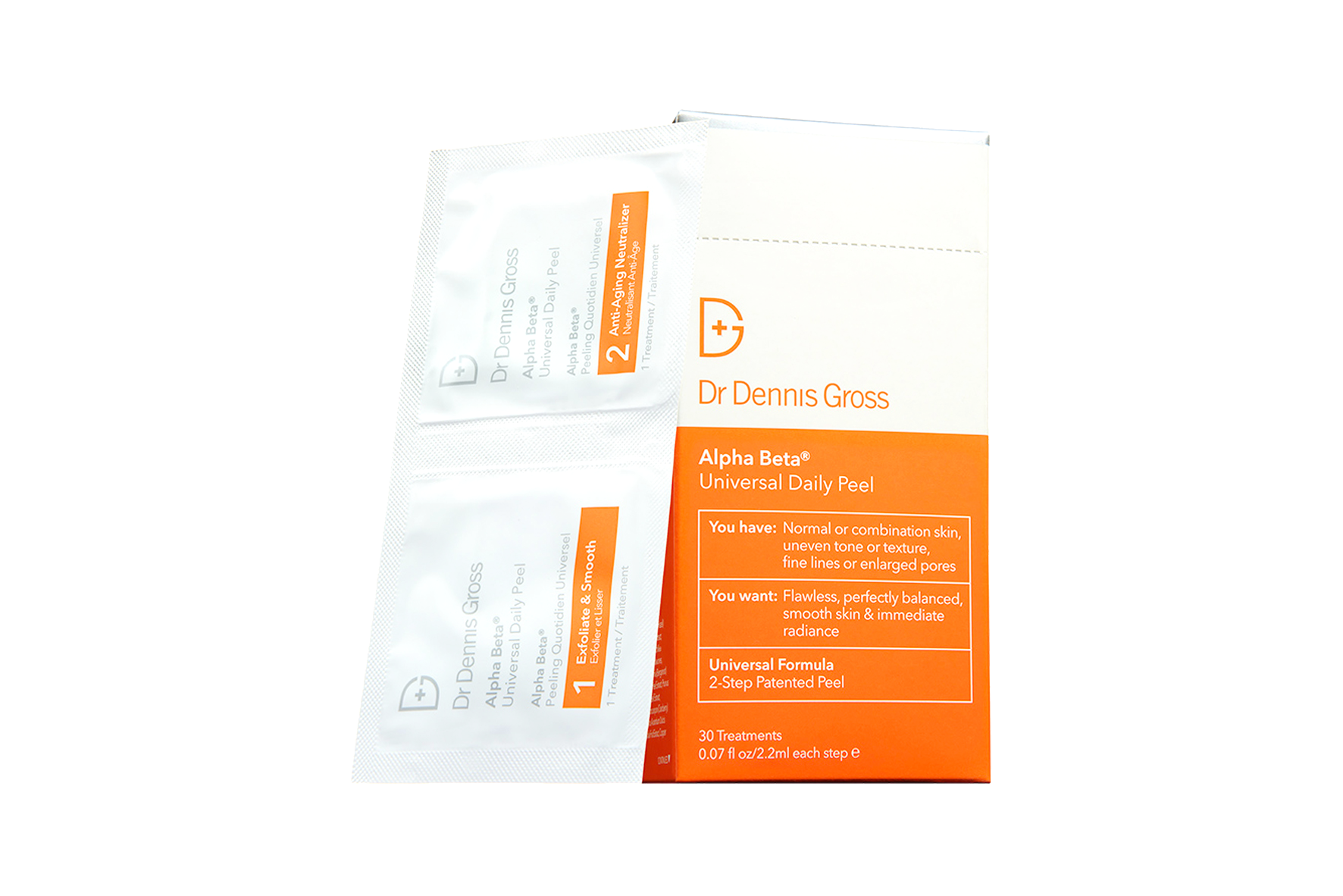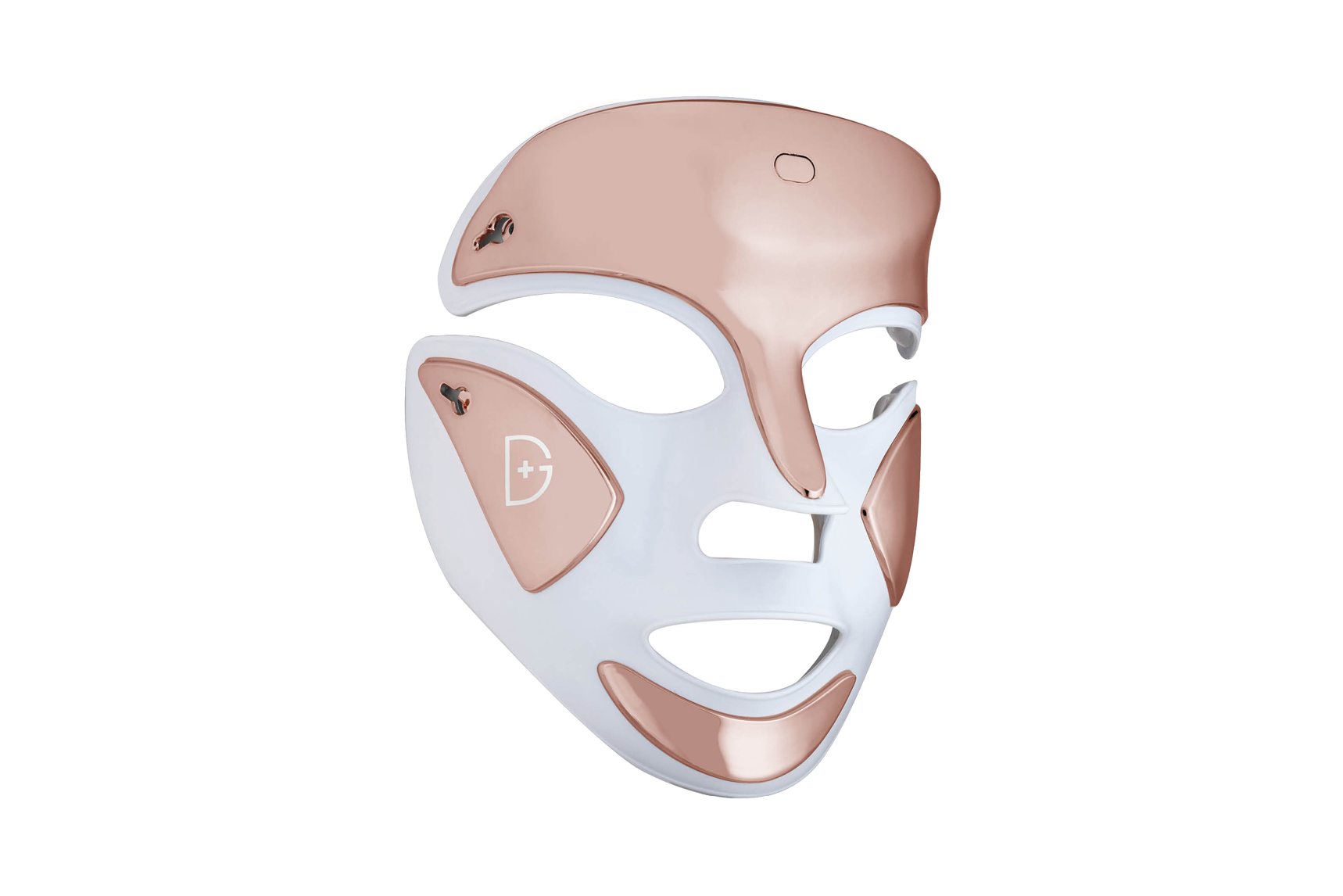We are often advised against using acids and retinol together to avoid irritation. How does Alpha Beta Daily Peels combine them without being harsh on the skin?
DDG Again, it is all about the formulation and delivery system. The Alpha Beta Daily Peels are two steps—to be a peel, it must have two steps. Step one is the AHA and BHA—it combines multiple acids at lower concentrations so you are getting all of the benefits of each acid without the irritation. The second step is the neutraliser, which is loaded with tons of anti-ageing ingredients, including retinol, and soothing ingredients. With the second step, you are effectively “shutting off” the acids so you don’t see any irritation!
Who should use acids and who shouldn’t?
DDG Everyone can benefit from acids—the key is to find the right acid for your skin type. Each acid does something slightly different. For example, salicylic acid is oil-soluble and is great for breaking down oil in the skin and unclogging pores, ideal for people with oily skin. Citric acid and malic acid are great for reducing the appearance of brown spots; lactic acid helps speed up cell renewal, and lighten acne scars; glycolic acid has amazing anti-ageing benefits, and hyaluronic acid is great to boost hydration.
For people who are new to acids, how would you advise them to get started?
DDG Only use a two-step peel—it can be harsh otherwise. Also, it’s important that you look for products that contain multiple acids at low concentrations to avoid any irritation. You should never attempt to cocktail acids yourself, though. There is an art in formulating a combination of acids for the skin.


